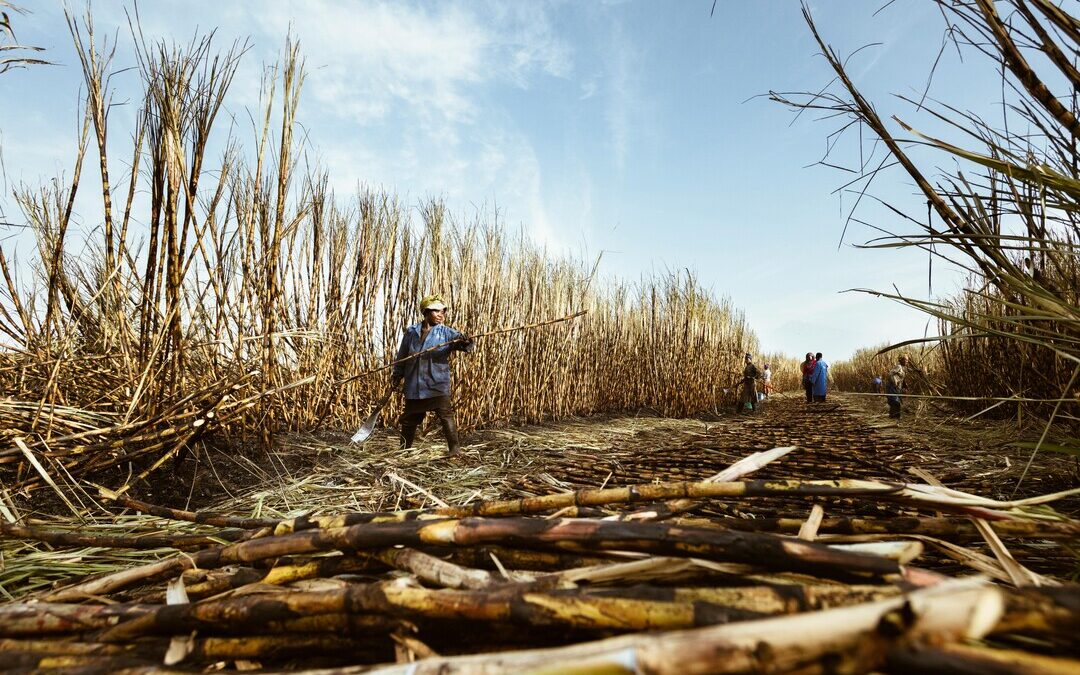GAIL, Verbio Sign MoU to Drive Clean Fuel Revolution in India
The gas distribution firm signs MoU with Verbio India to explore feasibility of harnessing compressed biogas based on agricultural residue.
Gas distributor GAIL (India) Ltd. and Verbio India announced on Thursday their plans to explore the feasibility of agricultural residue-based compressed biogas plants in India.
According to a press statement, the collaboration aims to leverage the companies’ strengths in promoting sustainable energy solutions and enhancing agricultural waste utilization.
Under the memorandum of understanding, both companies intend to identify suitable locations for greenfield AR-based CBG plants through a joint venture mode.
The statement further said that the parties plan to undertake feasibility studies of the identified projects.
GAIL Executive Director Sumit Kishore and Verbio India Managing Director signed the MoU in the presence of GAIL Chairman Sandeep Kumar Gupta and Verbio Group CEO Claus Sauter.
“By harnessing agricultural residues for CBG production, we aim to contribute to the nation’s energy security and sustainability goals,” said GAIL’s Gupta in a statement.
Gupta added that the initiative will provide a renewable energy source and support local farmers by utilizing agricultural waste, enhancing their income and livelihood.
“With a strong partner like GAIL, Verbio will be able to replicate the success of CBG proof of concept already implemented in Punjab and across India,” said Sauter.
Founded in 2006, Verbio Group is a German-based bioenergy firm primarily producing biofuels, biomethane, and other renewable energy products.
The company specializes in sustainable bioenergy solutions and aims to reduce carbon emissions by offering alternatives to fossil fuels.
Its product range includes biodiesel, bioethanol, and biomethane from agricultural residues, straw, and other organic waste.
This collaborative venture between GAIL and Verbio India marks a significant step towards advancing renewable energy in the country while addressing the pressing issue of agricultural waste management.
Also Read:

